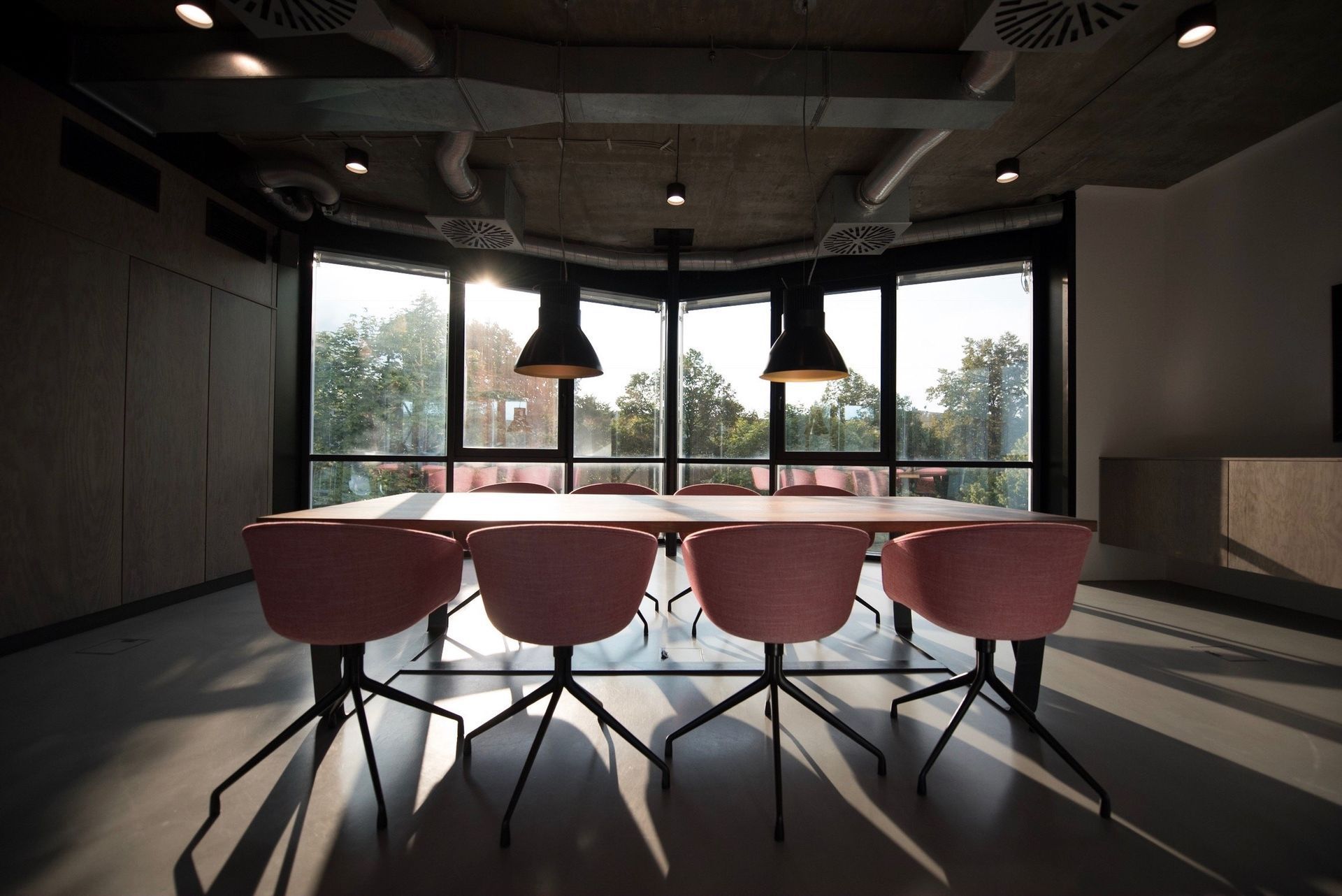News
Pathway To The Boardroom with Nick Cernotta and Jenn Morris

Derwent are pleased to have hosted more than 50 aspiring Board Directors in Perth to our ongoing Pathway to the Boardroom series.
Our guest speakers Nick Cernotta and Jenn Morris shared their perspectives on how to approach the search for a board career and some of the key considerations; the attributes that are currently in demand for boards; and establishing your personal brand and differentiation.
Tips for commencing the search for a board role
- Networking – Re-connecting and expanding your network is vital.
- Time – Consider how much time will be required. This can change quickly and dramatically depending on what the level of corporate activity is.
- Balancing an executive position at the same time as a board role – The role of the board in guiding business strategy and performance is just as important as an executive role, so you must be willing to allocate the necessary time to do the best possible job. This includes being across the board papers, industry trends, and future planning for the business.
- Due diligence is important – assess the organisiation, executive team, and other board members.
- At Interview – When exploring a Board opportunity, do your research and be thoughtful around the right questions to ask Directors. The questions you ask at a board interview make all the difference.
- Types of Boards – There are different settings including ASX, privately owned, government and not for profit. If you decide to join a not-for-profit board you should seek organisations or settings where you have a genuine passion and interest.
Attributes that are in demand for board members
- Technology, digital and data, and cyber skills are critical.
- ESG.
- Understanding the customer, and being able to translate that to the boardroom level.
Establishing your personal brand and proposition
- Be contemporary and relevant.
- Focus on your strengths and where you can add value.
- Be yourself and bring authenticity.
- Think through how can you differentiate yourself from other Directors
- Your personal brand is attached to the board’s that you sit on, so it’s important to consider the alignment when choosing board roles.
Derwent is delighted to continue to support the next generation of Board talent across both our events programs and directly through our expert team of Executive Search and Board specialists.
Share this Article
Recent Articles






